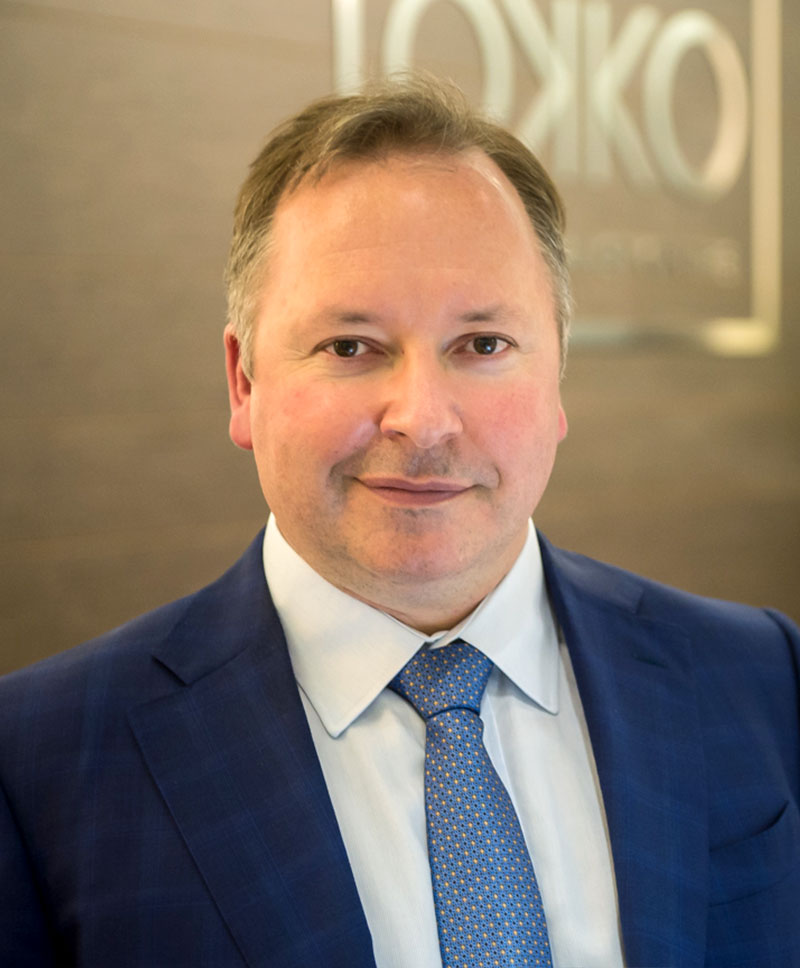
Is laser eye surgery safe or not?
Laser eye surgery is one of the most common vision correction procedures worldwide. It has helped millions of people achieve clear vision without relying on glasses or contact lenses. However, it’s natural to ask: “Is laser eye surgery safe?” This post will explore the safety of laser eye surgery, its benefits, risks, and what you need to know before considering the procedure.
The procedure and its variants
Laser eye surgery, including LASIK, PRK, and SmartSight, reshapes the cornea using a laser to correct vision problems like nearsightedness, farsightedness, and astigmatism. Each procedure varies slightly, but all are minimally invasive and performed in an outpatient setting.
- LASIK: A thin flap is created on the cornea and folded back so the underlying tissue can be reshaped with a laser. This is the most common procedure with a quick recovery time.
- PRK: The outer layer of the cornea is removed entirely before reshaping, making it ideal for patients with thin corneas.
- SmartSight: A small incision is made, and a disc-shaped piece of corneal tissue is removed to reshape the eye, eliminating the need for a flap.
Each of these methods has specific applications and benefits, depending on the individual’s eye health, lifestyle, and vision goals. Consulting with an experienced surgeon is crucial to determine which is right for you.
How safe is laser eye surgery?
Laser eye surgery is considered one of the safest medical procedures, with a success rate of over 95% for patients achieving 20/20 vision or better1https://pmc.ncbi.nlm.nih.gov/articles/PMC4302464/. Advanced technology, meticulous screening, and skilled surgeons have minimized risks significantly.
Key reasons for its safety include:
- Precision technology: Modern lasers use eye-tracking systems to ensure accuracy.
- Thorough pre-screening: Candidates are carefully evaluated to determine their suitability.
- Experienced surgeons: Specialised training and experience reduce the likelihood of complications.
Patients also benefit from continuous technological advancements, such as femtosecond lasers, which improve safety and outcomes by minimizing tissue disruption during surgery.
Potential risks and how they are managed
Like any surgery, laser eye surgery comes with potential risks2 https://www.lasereyesurgeryhub.co.uk/laser-eye-surgery/safety/. The most common include:
- Dry eyes: Temporary dryness is the most frequent side effect, managed with artificial tears.
- Glare or halos: Some patients report glare or halos around lights, especially at night, which usually subsides within weeks.
- Overcorrection or undercorrection: Rarely, additional procedures may be required to achieve optimal results.
More serious complications, such as infections or vision regression, are extremely rare and are effectively managed through prompt medical care. Surgeons prioritise patient safety by conducting thorough follow-ups and addressing any concerns immediately.
Who should not have laser eye surgery?
While laser eye surgery is safe, it may not be suitable for everyone. People with the following conditions may not be good candidates:
- Unstable vision or changing prescriptions
- Severe dry eyes
- Corneal diseases or scarring
- Autoimmune disorders
- Pregnancy or breastfeeding.
Additionally, patients with certain systemic diseases, such as diabetes or glaucoma, may require specialized evaluation to determine their eligibility for the procedure.
Laser eye surgery is a safe and effective option for the majority of people seeking vision correction. The key is to consult an experienced surgeon, undergo thorough pre-screening, and follow all pre-and post-operative instructions.
Ready to explore your options? Take our self-test to find out if you’re a candidate for laser eye surgery.
ARE YOU SUITABLE?
Check your laser eye surgery suitability online with our free LASIK self-test
OUR MOST POPULAR PROCEDURES

Hi, I’m Dr. Matthew Russell, a laser and cataract surgeon
HI I’M DR. MATTHEW RUSSELL A LASER EYE AND CATARACT SURGEON
With over 15 years of experience, I enjoy the privilege of helping patients of all ages reclaim clear vision or preserve it for as long as possible.
Vision correction and high-precision cataract surgery hinge on the expertise and skill set of the provider who also has access to the most precise tools for the job. Ophthalmic surgeons like me know how to make treatment safe, comfortable and positive for the patient. They know how to minimise the risk of complications and maximise successful outcomes.
I have a passion for helping my patients enjoy the clear, high-definition vision they need to live rich and active lives. Now, I have hand-picked a team of professionals that share my passion and commitment to exceptional care.
Dr. Matthew Russell
MBChB, FRANZCO





